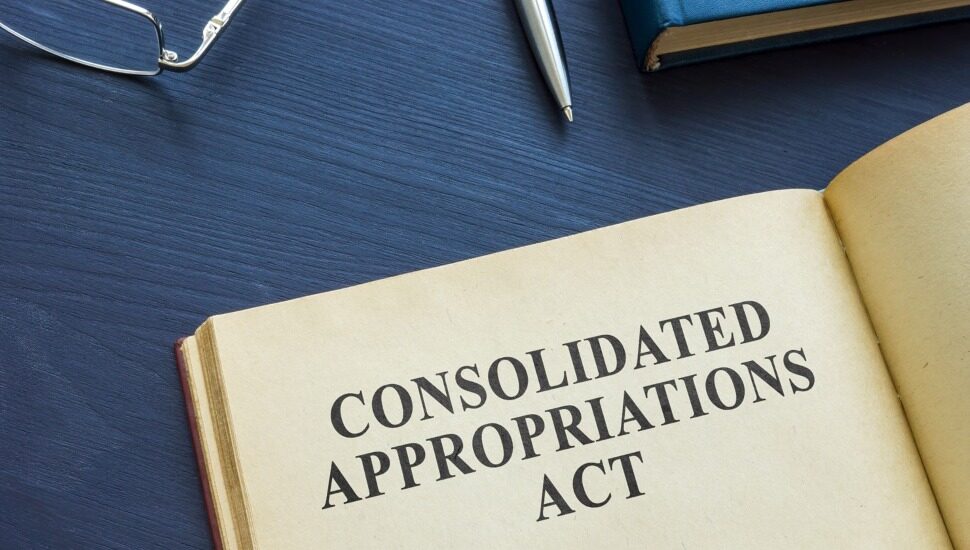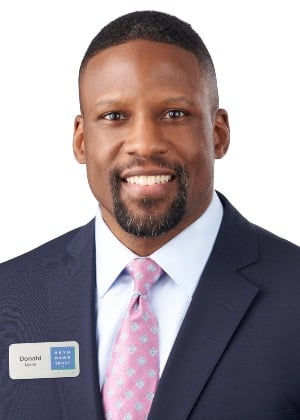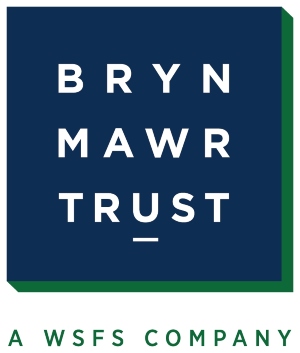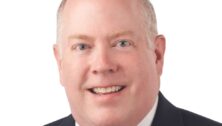Are You Ready for the Recent Retirement Enhancements from the Secure Act 2.0?

In December 2022, Congress passed the $1.7 trillion Consolidated Appropriations Act to avert a shutdown and fund the federal government for fiscal year 2023. Attached to this 4,126-page bill is the Secure Act 2.0, which changes retirement planning as we know it.
The Secure Act 2.0 builds on the original Secure Act passed in 2019 with some additional changes, all of which are designed to strengthen the retirement planning prospects for Americans.
The Secure Act 2.0 contains dozens of provisions, all with varying effective dates, targeted demographics, outcomes, etc. Below are a few of the more popular changes that may impact you.
Required Minimum Distributions (RMDs)
Starting this year, the RMD age has been increased to 73 from 72 and will increase further to age 75 by the year 2033. This means any individual who turned 72 this year will now have one additional year to start taking distributions. RMDs must be taken by Dec. 31 of each year; however, for the first year only (2024) you will have the option of delaying until April 1 of the following year (2025), but this means you will have to take two distributions in one year.
Previously, a missed RMD was subject to a 50 percent penalty on the amount that should have been taken. Under the Secure Act 2.0, this penalty has been reduced to 25 percent and if corrected within a timely manner is reduced further to 10 percent.
Roth 401(k)s, Roth 403(b)s, etc., while tax-free were previously subject to an RMD. Starting in 2024 Roth 401(k)s and any other Roth employer-sponsored retirement plans are no longer subject to an RMD.
Increased Catch Up
For Roth and Traditional IRAs, this year’s contribution limit is $6,500. However, if you are over the age of 50 you are allowed to contribute an additional $1,000 in the form of a catch-up. The catch-up amount hasn’t changed since the passage of the 2006 Pension Protection Act. However, the catch-up will now be indexed for inflation on an annual basis.
For employer retirement plans such as 401(k)s the special catch-up provision will be available for anyone between the ages of 60 and 63, where they will be allowed to make a catch-up of $11,250 or 150 percent of the catch-up of $7,500 adjusted for inflation.
For employees whose income is greater than $145,000 adjusted for inflation, all catch-up contributions will be required to go into a Roth 401(k) or Roth 403(b), think “Rothification.”
Qualified Charitable Distributions (QCD)
Starting at age 70½, individuals can make a $100,000 donation directly to charity; this amount will now be indexed for inflation. Furthermore, individuals are now allowed to make a one-time gift of up to $50,000 directly to a charitable remainder unitrust (CRUT), charitable remainder annuity trust (CRAT), or charitable gift annuity (CGA).
Automatic Enrollment
New employer retirement plans such as 401(k)s and 403(b)s will be required to automatically enroll eligible employees starting at three percent with automatic annual increases of one percent up to a max of 10 percent. Employees have the option to opt out, but many existing employer plans already have an auto-enrollment feature.
529 Plans
Starting in 2024 a lifetime maximum of $35,000 will be eligible for rollover into a Roth IRA for the beneficiary with a few limitations. The 529 plan must have been opened for at least 15 years, the rollover is limited to the contribution limit for that year, and contributions and earnings within the past five years are ineligible for rollovers.
Student Loan Debt
Starting in 2024 student loan payments will be considered as a retirement plan contribution making them eligible for an employer match into a 401(k) or 403(b). This will be used to attract younger talent and give Americans some reprieve as we grapple with the $1.7 trillion in student loans.
Other provisions include a Roth option for both SEP and SIMPLE IRAs, Roth 401(k)/403(b) Matching, emergency savings, and retirement lost and found. While SECURE Act 2.0 brings some planning opportunities, it’s best to consult with your tax and financial advisors for the best course of action that suits your needs.
_________________

Donald Lyons is a Wealth Strategist with Bryn Mawr Trust. With 20 years of experience in wealth management, he provides high-net-worth clients with fiduciary and investment management services. Donald provides comprehensive financial planning focused on income replacement, asset management, incapacity, and estate planning. He also has experience working with endowments, foundations, and other nonprofit institutions. Donald is a Certified Financial Planner professional.
Connect With Your Community
Subscribe to stay informed!
"*" indicates required fields







![95000-1023_ACJ_BannerAd[1]](https://vista.today/wp-content/uploads/2023/03/95000-1023_ACJ_BannerAd1.jpg)











































